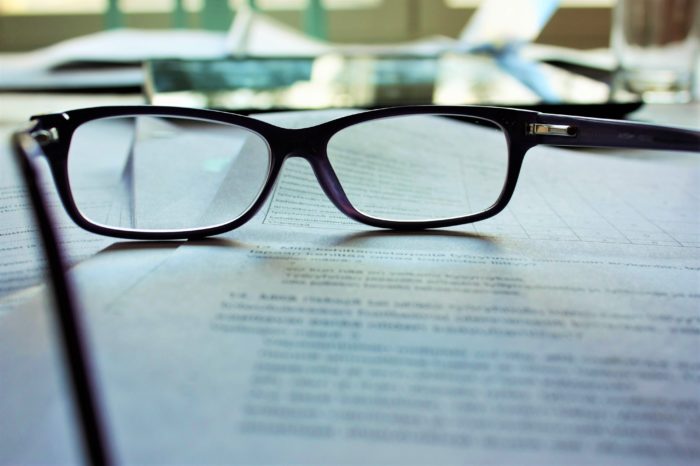“Isn’t Everything Online and Free?” The Exclusivity of MA Law Libraries
There are 15 Trial Court Law Libraries in Massachusetts to service the Commonwealth’s 6.8 million residents. Publicly funded, they are a resource on Massachusetts laws for attorneys, judges, and the public. On the libraries’ website under the “What You Need to Know” section, they ask the question: “Isn’t everything online and free?”
Their response: no.
Regarding the “online” portion of that statement, resources the law library makes digitally available are locked behind a library portal. Unfortunately, a public library card won’t give you access; you need to follow seven steps in person for a card specific to these libraries. They’ll give you a photocopy of your new card so you have your barcode number, and then send the card through the mail within one to two weeks.*
Traveling to one of these libraries to fulfill their process is no small feat. From Downtown Boston, the nearest one (Norfolk Law Library in Dedham) takes 56 minutes via public transit. Unfortunately, the one listed in Boston is only an administrative office, and closed to the public. Pioneer Institute has made an interactive map for you to see which is closest to you:
Once there, you’ll want to mention the aforementioned law library webpage to check about which resources will be “free”. The website has a long list of vital legal services that a citizen must pay for, including an up-to-date copy of Massachusetts General Laws, full decisions of MA state agencies, and records of the Massachusetts Supreme Judicial and Appeals Courts.

The disclaimer displayed by the Commonwealth of Massachusetts General Laws page.
Make no mistake though, trial law libraries are funded by the public, for the public. In 2017, state taxes paid for $1.43 million in salaries for librarians at Trial Law Libraries, as shown by the Pioneer Institute’s MassOpenBooks transparency tool. The federal government also granted $2.8 million to pay for subscriptions and services at public libraries in Massachusetts.
After these grants, you would think that a citizen of the Commonwealth wouldn’t need to pay to see the laws that state representatives and bureaucrats created using public funds. Unfortunately, you would have what the Mass.gov page describes as the “popular misconception that you can find everything on the web for no charge.”
Kaila Webb is the Wellesley College Freedom Project Intern at the Pioneer Institute. She majors in Environmental Studies, as well as Chinese Language and Culture.
*Note: As of publishing this article, it has been six days since the author applied for a law library card. While she has the photocopy, she hasn’t received her card yet.



